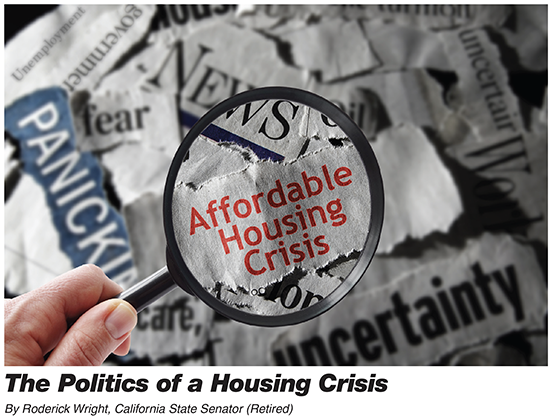A Three-Phase Guide to Implementing Utility Billing

Contributed by the Team at LIVABLE
Billing residents for water and other utilities has benefits! Property owners can offset their expenses while encouraging conservation. Here are some of the things you need to be aware of when it comes to billing your tenants for utilities.
Great news! If you’ve decided to start billing your tenants for their utility use, you’re not only making them financially accountable for their utility use, you’re also making them environmentally accountable. Public concern about global warming exceeds 50% among most demographic subgroups of Americans, according to Gallup. People are growing increasingly concerned about the environment, and increasingly interested in ways that they can help. In a 2021 Mastercard survey, 85% of people said that they were willing to take personal action to combat environmental and sustainability challenges. Scaling back water and energy use is great for the environment, but it’s not easy to get people motivated to do that.










